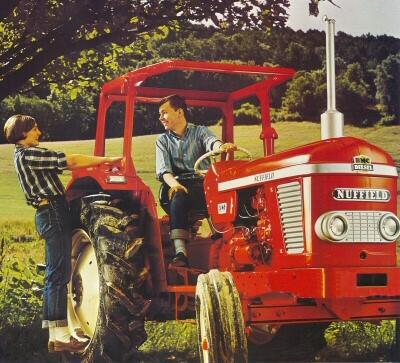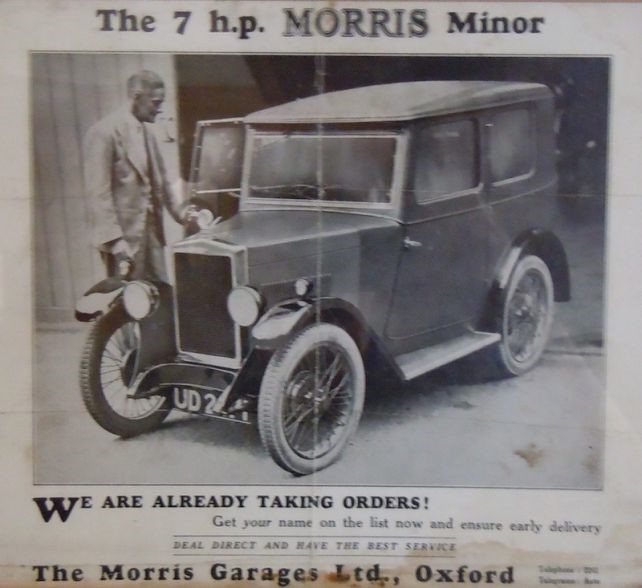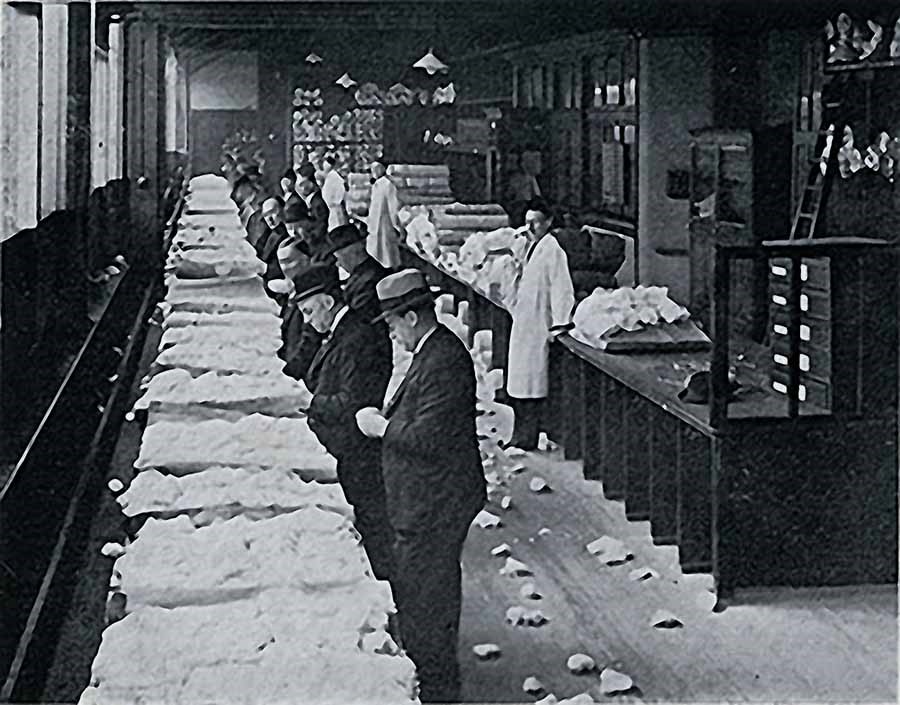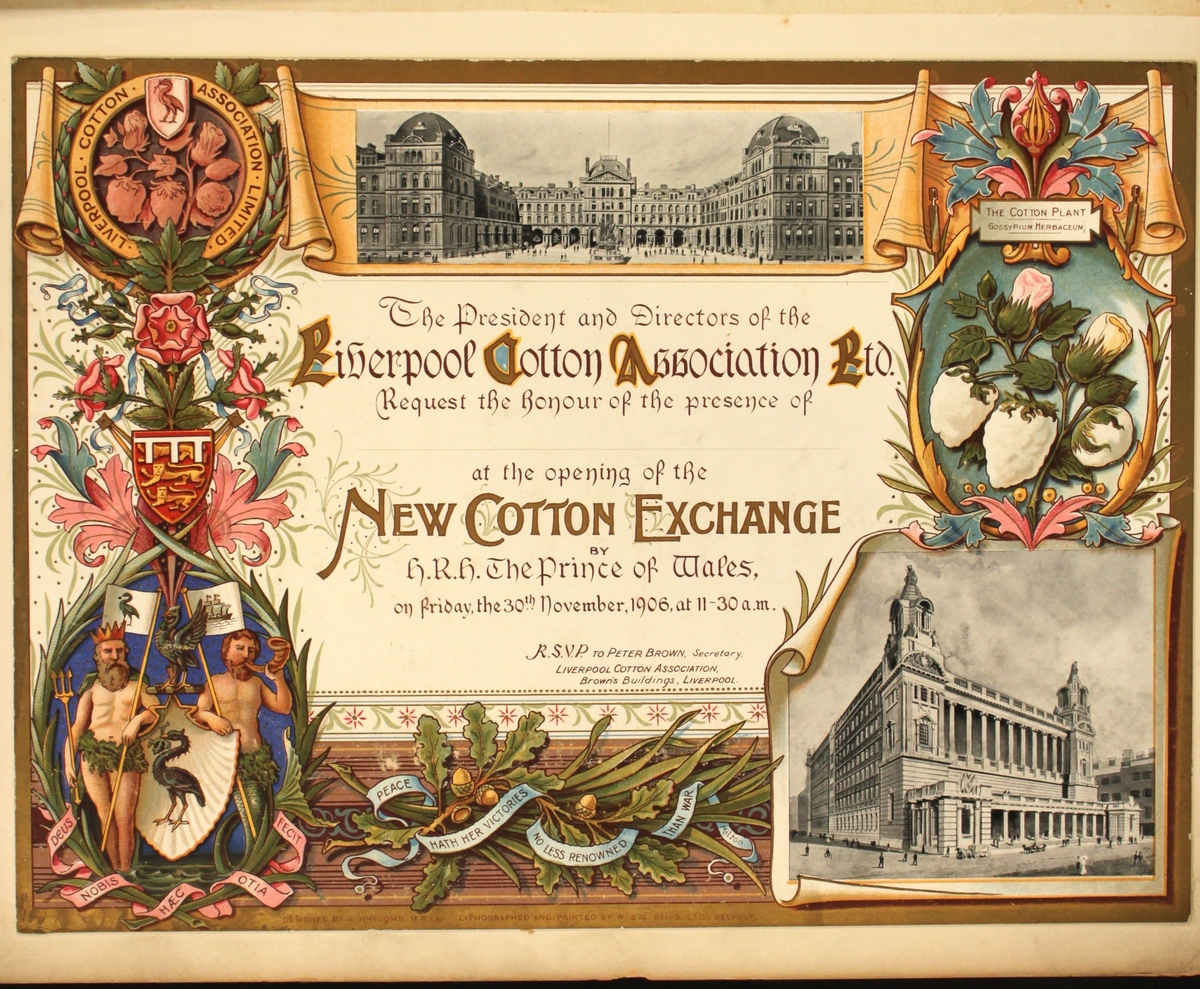
Sándor Öry, DTMH January 2017
Naming the lecture hall we spend most of our time here at LSTM as ‘my new best friend’ is quite a statement, I know that.
To be fair, it is a bit of a bipolar relationship; especially energetic after being well caffeinated in the morning, and nearing the end of the afternoon more towards the fatigued end of the energy spectrum. Meanwhile we longingly stare to the small slit of light trying to fight itself in, hoping to catch that last sunbeam before evening sets in yet again. Not to be discouraged, the lectures, clinical problem solving sessions and especially the lab work is very interesting! It is a lot to process, that’s all. When the lecture room and your fellow students becomes all you see in a day… Luckily there is the night (sunglasses on, off we go!)
Anyone know the history by any chance of the name, Nuffield? I tried to look it up and the best I (read: Wikipedia) could come up with is Lord Nuffield, founder of Morris Motors Ltd, as well as founder of the Nuffield Foundation and Nuffield Trust in the 1940s.

The Trust is a charitable organisation aimed to improve social well-being and health by funding research and innovation projects. FYI. Always knew you were wondering. Why our lecture hall is named after him, out of a choice of so many scientists in the global health field in the long history of LSTM, is a mystery unsolved until this very day.
If you haven’t noticed, I’m quite a fan of history and am always looking for an explanation behind the things we name and talk about so casually.
Similarly, the history of medicine, and tropical medicine specifically, intrigues me. Tropical medicine is a field that knows no boundaries, quite literally so. It’s an endless space, built on a long history. This history is, controversially to some extent, very much entwined with our own history and culture. Is it not that the oldest tropical school in the world at which we study now is situated in the city that was the centre ofcommerce and shipping in the 18th century? Ships that launched the wave of globalisation as we know it today, came back and brought with them tea, cotton, opium, spices and tropical diseases.

Liverpool, London, Antwerp, Hamburg, Amsterdam and Rotterdam are all large harbour cities that at some point in history took up an important place in colonialism and international trade. I’ve just started reading a book called Empire of Cotton by Sven Beckert, describing the trade route, wars between European countries and East India Trading Companies (both the British and the Dutch) to monopolise the cotton trade, very strongly influencing the history that formed the world as we know it today.

Although I have only read the first chapter so far, this book shows how this history relates to what we learn in the Nuffield about tropical diseases in some way. For instance when we refer to ‘Old World’ versus ‘New World’ Leishmaniasis, or when we discuss the history of the Plague, or when we pass by diseases such as Brucellosis; diseases that carry within their name a strong connection to our history.